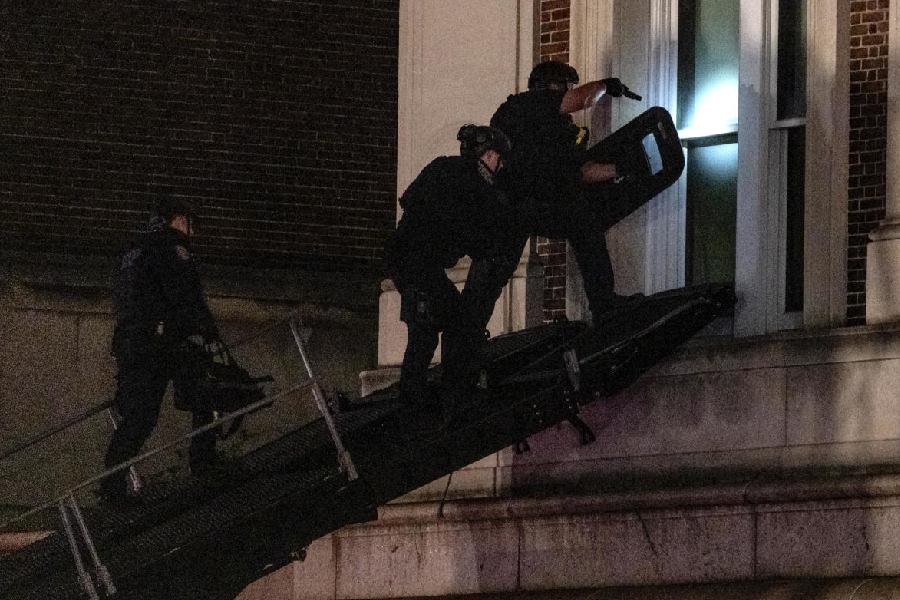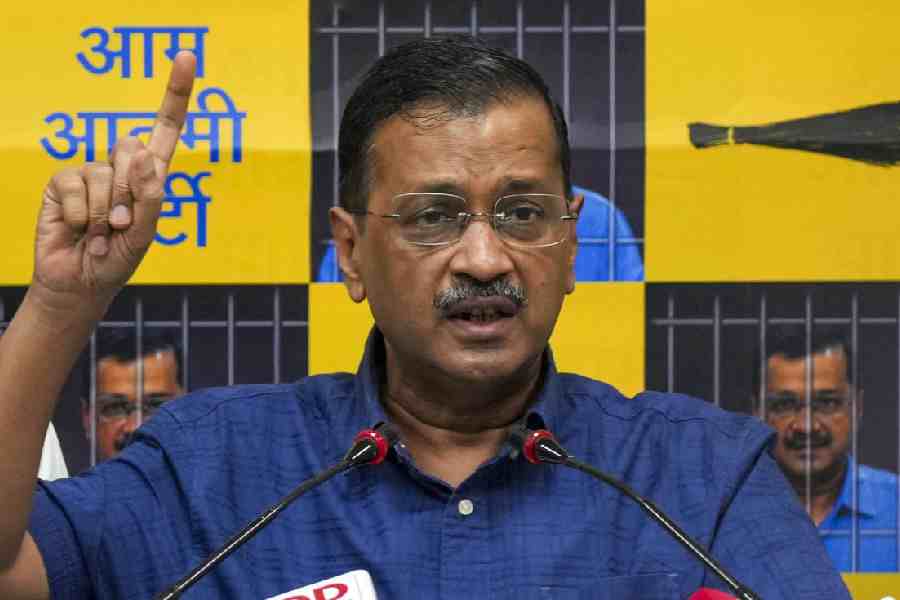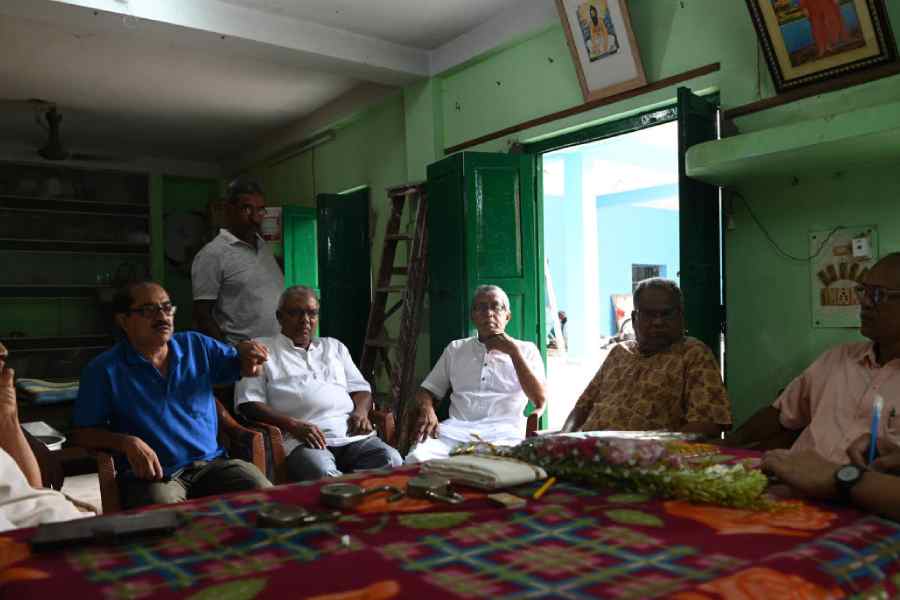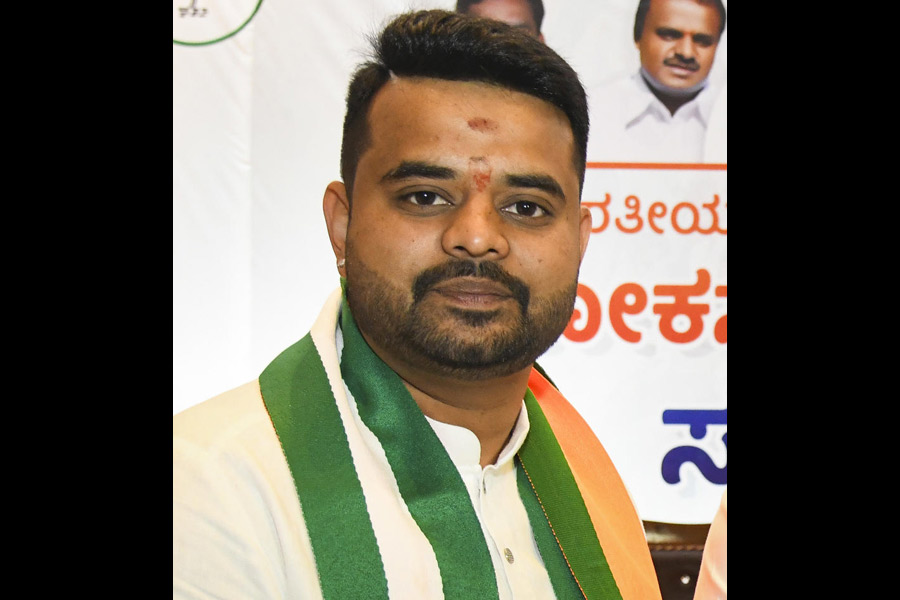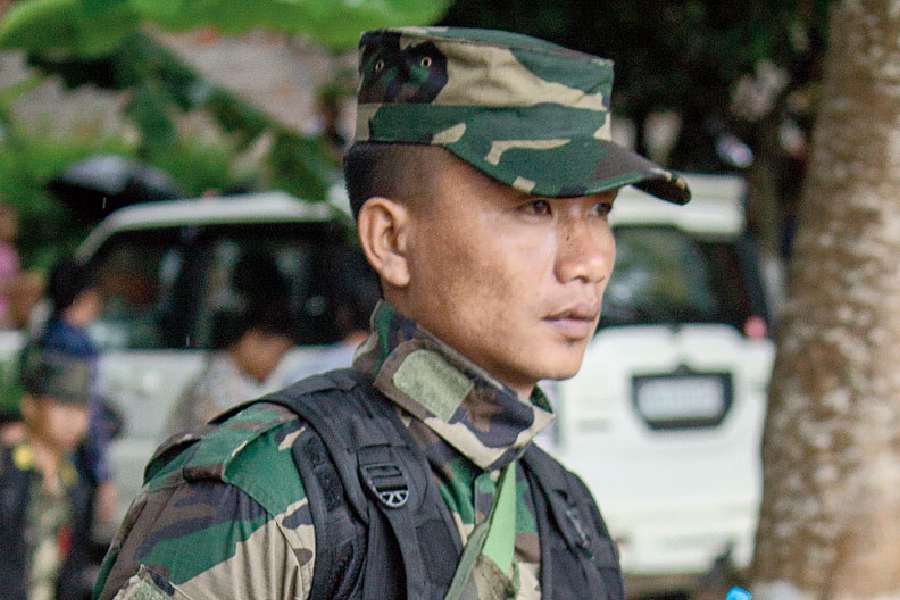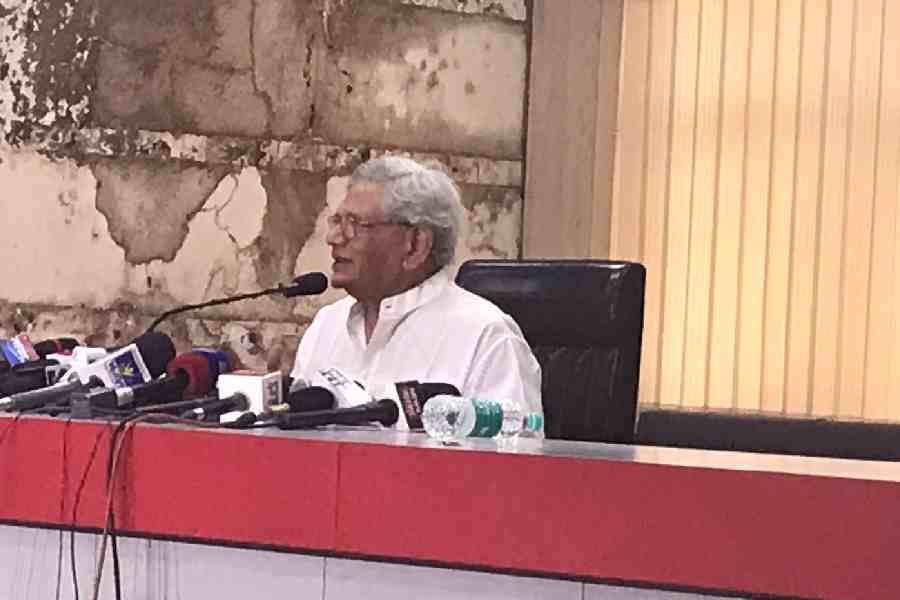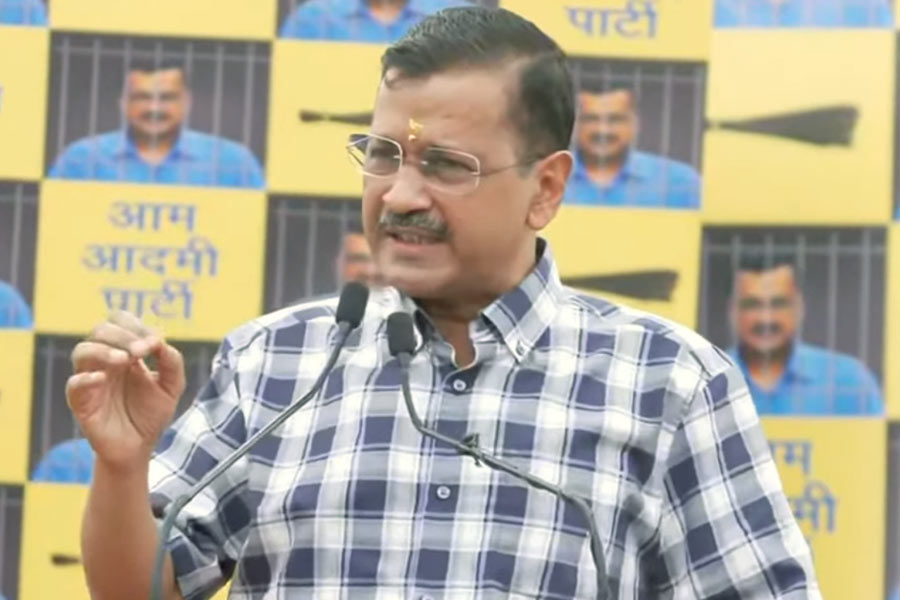Exactly 56 years to the day after the 1968 student occupation at Columbia University was violently cleared by the New York Police Department, hundreds of police officers moved into the Manhattan campus on Tuesday night to quell a different kind of antiwar protest.
Dozens of pro-Palestinian demonstrators were arrested as police officers entered Columbia’s main campus, which was on lockdown, and cleared Hamilton Hall of a group who had broken in and occupied it the night before. It was a dizzying and, to many students and faculty, disturbing 24 hours on campus.
Last time, students were protesting the Vietnam War and Columbia’s plans to expand its campus into Harlem. This time, students were protesting the Israeli offensive in Gaza that has killed about 34,000 people, according to health officials there, and trying to force the university to divest from companies with ties to Israel.
On Monday, the protest ended more peaceably than the one in 1968. But the students’ tactics were the same: By escalating their protest to the point where the university was unable to function, students forced the hand of administrators, who brought in the police to arrest them. Both times, the students had occupied Hamilton Hall.
The dozens of arrests on Tuesday were the culmination of two weeks of intense turmoil on Columbia’s campus.
Tensions over pro-Palestinian demonstrations were already high when Nemat Shafik, the Columbia University president, went to Washington to testify before a congressional committee on April 17 about antisemitism on campus. Then, while she was in Washington, a group of pro-Palestinian demonstrators set up a large tent encampment in front of Butler Library on the university’s main quad to demand that the university divest from Israel.
They labelled the area their Gaza Solidarity Encampment and declared it a liberated zone, directly quoting the 1968 protests.
Shafik, still in Washington, declared in a letter to the police the next day that those protests were “a clear and present danger to the substantial functioning of the University”, though by all accounts, the encampment had been non-violent.
As hundreds of students and other onlookers watched and rallied in support of the encampment, rows of police officers in riot gear entered campus just after 1pm (local time). At least 108 students were arrested. But some of the hundreds of supporters who remained simply moved to the next lawn and started a new encampment.
Nearly two weeks later, on Monday, a faction of the protesters decided to escalate things further, after a breakdown in negotiations with Columbia and as the university began to suspend students who had not cleared the encampment by an afternoon deadline.
That night, the student protesters from the encampment, fortified by hundreds of other pro-Palestinian demonstrators who had arrived late that evening, divided into groups. One group went to Hamilton Hall.
The coalition organising the encampment, Columbia University Apartheid Divest, said the occupiers were an “autonomous subgroup” made up of “students who felt betrayed by the university and their stubbornness to engage in negotiations”, said Mahmoud Khalil.
New York Times News Service

